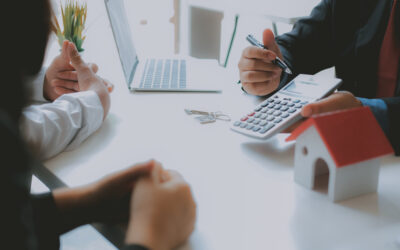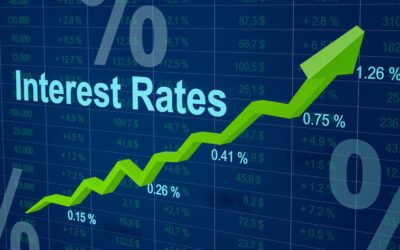Being in debt can be a scary place. Especially when you start to feel things slide out of control. It might start with one missed payment, or one month where you are anxiously waiting for payday after clearing out your account.
Things can quickly spiral out of control. One default leads to extra charges that put you under more pressure. You seek out more credit to cover the hole in your finances until payday, piling debt upon debt.
It surprises many people just how quickly they find themselves with debts they can’t manage. It’s a tough hole to get out of.
The best solution? Avoid falling into the hole in the first place. It’s quite normal to have debts. The trick is to keep them manageable.
What does keeping debts manageable mean? Here are some simple dos and don’ts to explain.
Do keep tabs on your total outgoings paying off debts
A common mistake people make is not realising just how much they are spending on paying off various debts until it becomes a problem. Don’t take that risk. Make a habit of tracking exactly what your outgoings on loans, credit cards, finance arrangements on purchases etc add up to.
Work out what this is as a percentage of your income and work out how much you think you can comfortably afford to spend (i.e. what do you have left after mortgage/rent, food, bills and other essentials). Set this as a target. If your debt repayments go higher than this percentage, you need to bring them down.
Do make payments on time every month – even if it’s just the minimum amount
If money is tight, don’t be overly concerned about paying money off your debt. If all you can afford is a minimum payment that just covers interest, do it. At least your debt doesn’t get bigger. But whatever you do, make the payment on time. The last thing you want is penalty fees and a hit to your credit score.
Do pick the right debts to pay off first
If you have several outstanding debts, it’s unrealistic to think you can pay them all off equally. Focus on one at a time, making minimum repayments on the others in the meantime. The trick is to pick the right debt to pay off. Need a clue? It’s not necessarily the largest debt. Focus on the debts with the largest interest first, as these are the ones that are growing fastest.
Don’t keep racking up credit card bills – unless you intend to pay it off in full every month
When strapped for cash, it’s common for people to turn to their credit card. It means you can keep making essential purchases even if you’ve cleared your account servicing other debts. The problem is, a credit card just means piling up another debt – and at a high rate of interest, too. The only exception is if you intend (and are able) to pay your credit card bill off in full each month during the interest-free window. Otherwise, you’re just taking on more and more expensive debt.
Need some advice on how to get your personal debt under control? Contact our team for a free friendly and confidential conversation as a first step to getting back on the right path.




